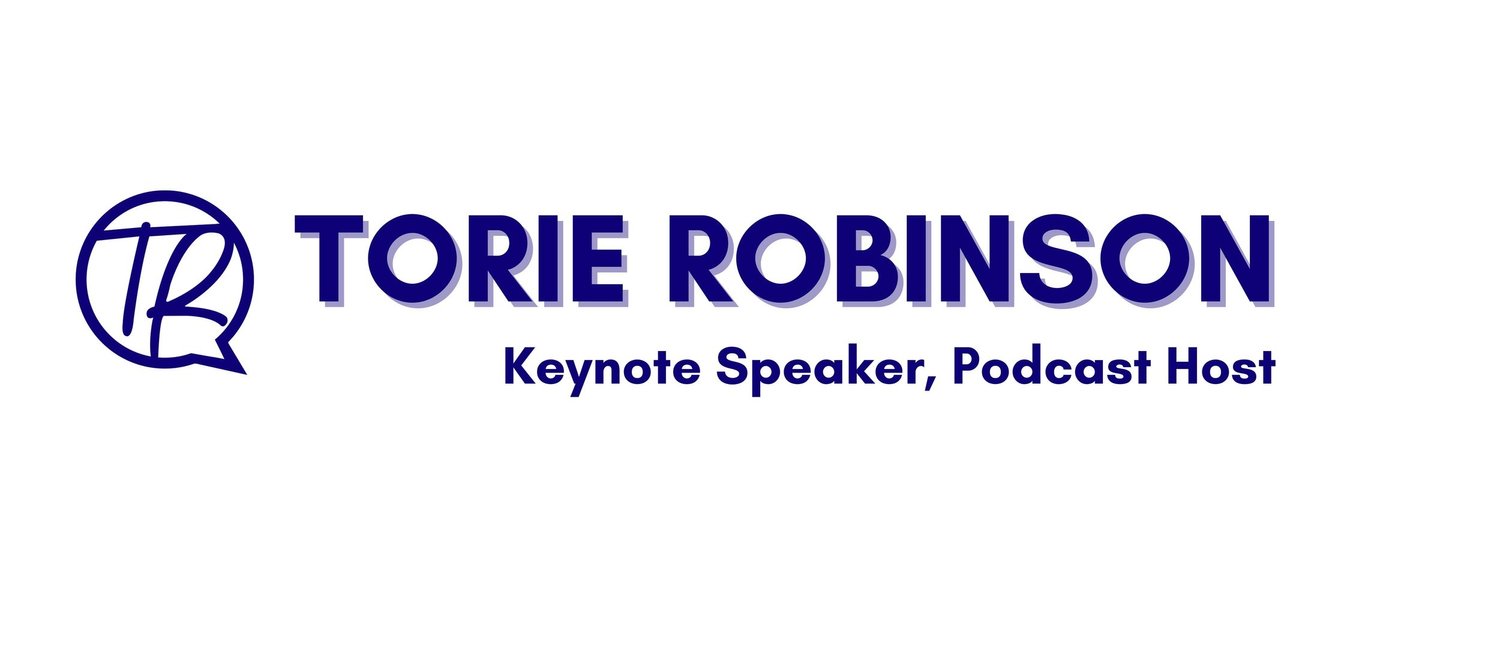Be Careful Using Social Media
People with epilepsy, mental health issues, and pretty much any medical condition or disease can find a social media group out there regarding it.
Social media can be a brilliant thing for people making friends, finding others who understand where you’re coming from, especially if you have a condition which still experiences a great misunderstanding from many regular people, such as the aforementioned or a rare disease.
You can find people who really “get it”, who feel as doped up (or not) on drugs as you do and who have the same or similar invisible disease/condition as you. You might feel comfortable sharing stuff about seizures and mental health that you might not even share with your family. This can lift you up.
The trouble is that there are people out there on social media who hide behind their screen and say things they otherwise wouldn’t dare - and they aren’t just those who are 100% healthy, but those with the same diagnosis.
A year or so ago I had a person with epilepsy message me and say that I didn’t really have epilepsy because I hadn’t had a tonic-clonic seizure in about a year. Never mind that I’d had other types of seizure or that people who have fully controlled seizures still have epilepsy…!
Another story of mine; I did a post through Epilepsy Sparks regarding ecstatic seizures and one woman with epilepsy (who appeared to consider herself a neurologist but was not) ranted abusively that I was wrong and that these seizures didn’t exist (note: they do!). She then placed horrid posts about me in epilepsy groups, and THEN sent me an email telling me how awful a person I was. People don’t tend to like being contradicted…!
Now I know that this woman wasn’t necessarily well and needed some help, but goodness me, I wasn’t expecting such abuse.
There’s a bit of hypocrisy out there with the publicly acceptable message being “Don’t discriminate or be nasty to me because I have epilepsy, a disability, or whatever” alongside the behaviour from some others (a minority but a distinct one) with the “same” diagnosis!
I know of some people who feel that they literally cannot talk about their medications, seizures or mental health on Facebook because of the judgements out there, or the unqualified “pharma advice” from another patient.
We know that we shall always have people out there who aren’t nice, just like we do in the school playground or the workplace.
You don’t have to like someone or put up with abuse/troll-like behaviour just because they have a medical condition/disease. Acknowledge that just because someone has the “same” diagnosis as you they mightn’t be someone that you’d like to be friends with.
Know that if you share information with someone online that it might be misinterpreted. Know that everyone experiences things differently. Know that you must be open to contradiction yourself – none of us know everything, and indeed, the incredible doctors and scientists I know will openly declare this.
We need to be selective with our communications online. Be very careful with whom you share personal, sensitive information with. Don’t be absorbed into one social sphere alone – give yourself choice. Don’t put all of your eggs in one basket.
What do you think? Do let me know your thoughts!

